I have been participating in the GoodRead's reading challenge this year, and I've read 10 titles so far. This is my attempt at summarizing my reading.
- Dune - Frank Herbert
- 1984 - George Orwell
- Stories of our Lives - The Nest Collective
- Critical Thinking - Jonathan Haber
- Ender's Game - Orson Scott Card
- Le Petit Prince - Antoine de Saint-Exupéry
- Drunk - Jackson Biko
- Thursdays - Jackson Biko
Dune
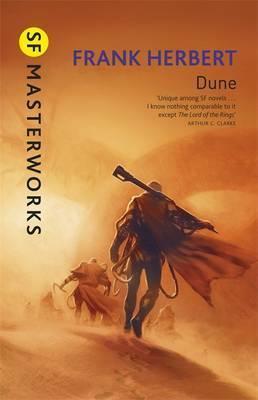
This is undoubtedly the best science fiction that I have read. A lot of it had to do with how I read it - I got the book on Kindle and also the audio book on Audible and I listened and read at the same time. The audio book is well narrated and it brought a sense of vividness and liveliness to the experience.
Dune is set on a desert planet, Arrakis and follows the journey a young heir-to-a-duke, Paul Atreides, as he discovers his destiny as the Kwisatz Haderach, the one able to bridge space and time, and as Lisan Al-Gaib, the messiah in the legends of the Fremen people of Arrakis.
The author of the book employs the use of diverse language giving the book both an exotic and familiar feel. For example, the Fremen are desert dwellers and their language borrows heavily from Arabic, almost drawing a parallel to the deserts of North Africa and Middle East.
The book blends political, economical and religious ideologies, expressing how each exert influences in defining the reality of the space age empire. The emperor exerts his political power by owning the Sardaukars, fierce legions of fighters. The Spacing Guild handles all space transport and exerts an economical monopoly - everyone has to pay them to travel. The B.Gs have their power by controlling the genetics of the ruling families, shaping their future. This forces somehow seem to all work together,that's until Paul comes along and unravels everything.
“I must not fear. Fear is the mind-killer. Fear is the little-death that brings total obliteration. I will face my fear. I will permit it to pass over me and through me. And when it has gone past I will turn the inner eye to see its path. Where the fear has gone there will be nothing. Only I will remain.”
1984
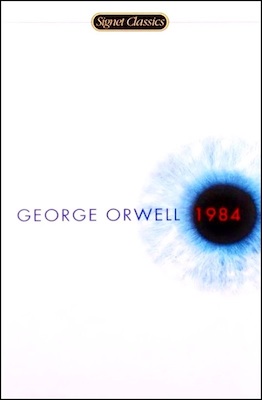
A profound read that I can summarize with this quote:
“Power tends to corrupt, and absolute power corrupts completely." ~ Lord Acton
This quote isn't from the book but it captures its essence; a totalitarian regime that has upended its world for the sole purpose of staying in power indefinitely. The Party, an new age successor to socialism and communism rules Oceania through suppression of all human instincts and freedom except for those that further its cause.
There is no freedom of expression or speech. Newspeak is designed for the restriction of thought and expression. There are thought crimes. Sexual intimacy is punishable. Constant surveillance is the norm, the telescreens and microphones are everywhere. All your movements are monitored.
There is a fanaticism to towards Big Brother, the embodiment of the The Party. Everyone loves big brother. Truth is constantly being rewritten. The truth is what the party deems it to be.
The book starts and ends in despair. Winston the protagonist ,aware of his entrapment, seeks to free himself of it and finds some hope in his forbidden love to Julia but ultimately the The Party captures them and breaks them down until all that is left is love for Big Brother. There is no hope in the book.
“Who controls the past controls the future; who controls the present controls the past"
Stories of our Lives
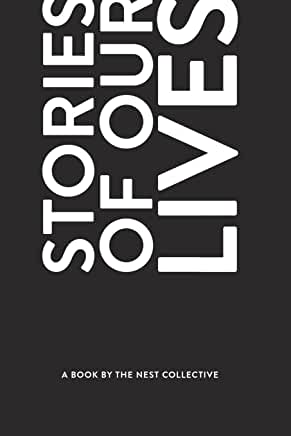
This collection of queer Kenyan narratives is an uncut gem; rough, raw and unpolished, but of great value. It is a disparate mix of stories about what it means to be queer in Kenya. I laughed, cried, felt anger, felt hate and ultimately felt love while reading it.
It expanded my view of what being gay or queer means and instilled in me a great appreciation for people who identify as nonbinary. It made have a deeper appreciation of what being human meant and how we shape our society and our society shapes us.
Such an essential and brave work especially in an African setting, where being queer is both taboo and a death sentence.
Critical Thinking
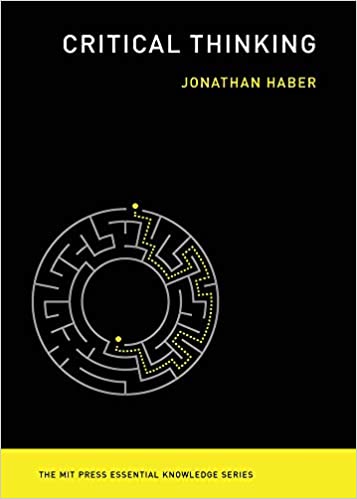
Jonathan Haber introduces critical thinking, outlining its history and various definitions, how it is taught and tested in schools and professionally and how this can be improved.
I was mainly interested in the former parts, what is critical thinking and how to practice/become a critical thinker. Haber does well explaining formal and informal logical systems, inductive versus deductive reasoning and methods of logical reasoning such as Aristotle's syllogism, modus ponens and modus tollens. He also talks about reasoning flaws; explaining a few common fallacies such as association fallacy (you're friend's friend is a thief, so you are a thief) and ad hominems (attacking the arguer instead of the arguments itself).
Ender's Game
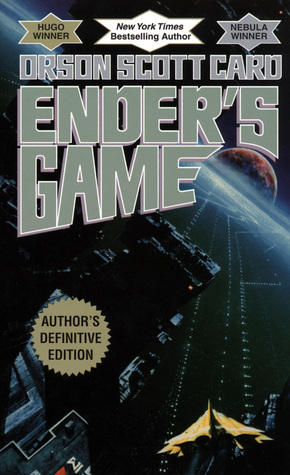
Thinking about this book, brings the following quotes about war to mind:
War is a force that gives us meaning
~ Chris Hedges
War is peace. Freedom is slavery. Ignorance is strength.
~ George Orwell
Ender, a bright child is selected and trained to be humans' ultimate commander in the bugger wars, and he succeeds at it. But, does the end justify the means? He's robbed of his innocence and childhood. The adults hide the consequences of his actions from him; when he kills billions of buggers, it is another simulation game for him.
This book has given me mixed feelings. On one hand to shows how our thinking can be hijacked by fear and war; so many rules broken just to wipe out the buggers. And the irony, in the end, that the buggers never planned to attack again. I guess their fate was sealed when they attacked first. Another irony is as the bugger war ends, another one erupts on earth.
On the other side, it's a story of how much sheer dedication and sacrifice can achieve. Ender pushed the envelope and set new records in battle school. I wonder if there's a thing to be said about such strict coaching/manipulation in real life. How far can you excel if you really set yourself and your environment to it?
A very captivating read nonetheless, especially when you pair the written work with it's audio book.
Le Petit Prince
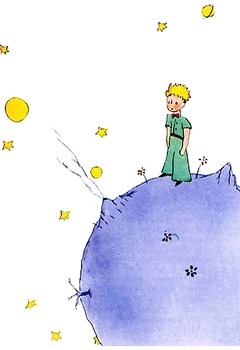
Ce livre a été mon livre premier en français que j'ai lu entièrement. L'histoire est très intéressante, comment les gens sont matérialistes et ils voient le monde avec cette mentalité. Le businessman et le roi sont vraiment comme ça.
Nous n'apprécions pas les petites choses de la vie, comme avoir de vrais amis. Nous voulons tout acheter, meme les amitiés. Le petit prince appréciait sa relation avec sa fleur après avoir apprivoisé le renard et l'homme dans le désert.
Pour moi, ç'était la morale de l'histoire.
Drunk
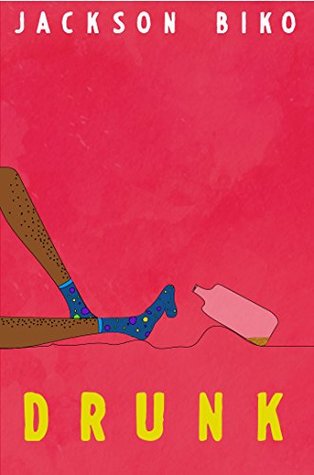
A contemporary Kenyan writing rooted in the current Nairobi zeitgeist.
I was first appalled by language and style Biko uses but I quickly adapted to it, I guess it was just strange at first. The very short chapters, asides, first person narration intertwined with third person narration stopped being annoyances and somewhat shaped the story.
It is a quick read, one that felt like an extended short story. It now reminds me of the Digital Bedbugs
Thursdays
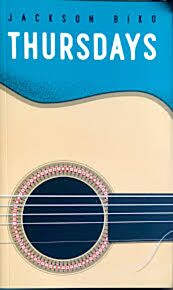
My second Biko's reading was lacklustre and left me desiring more from it.
Thursdays starts off and maintains an ensemble storytelling, emphasizing the stories of all the bandmates as a whole without picking a single member as the main character.
It builds up conflicts in each of their stories but stumbles and falls flat when resolving these conflicts. It unexpectedly dwells on one member's story that overshadows the rest, shockingly affording only a few lines to some of them.
What begins as a balanced collective narrative ends up on a narrow singular ending.